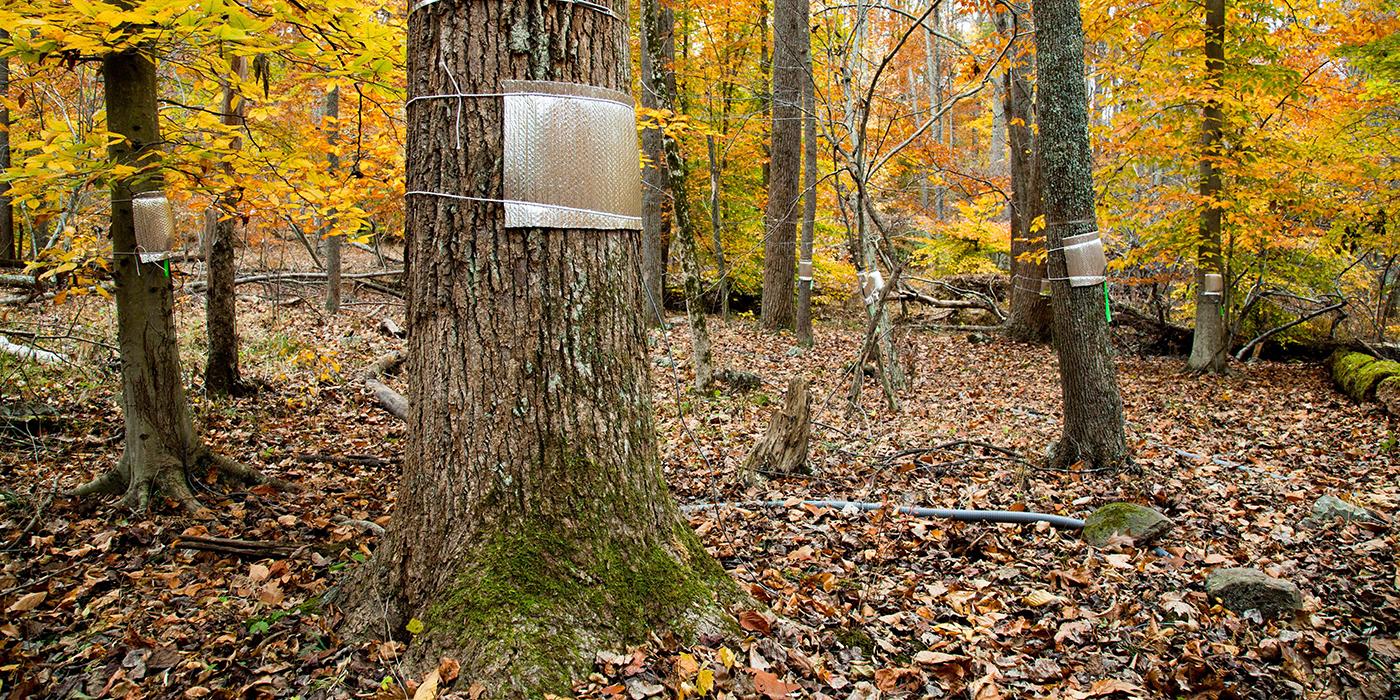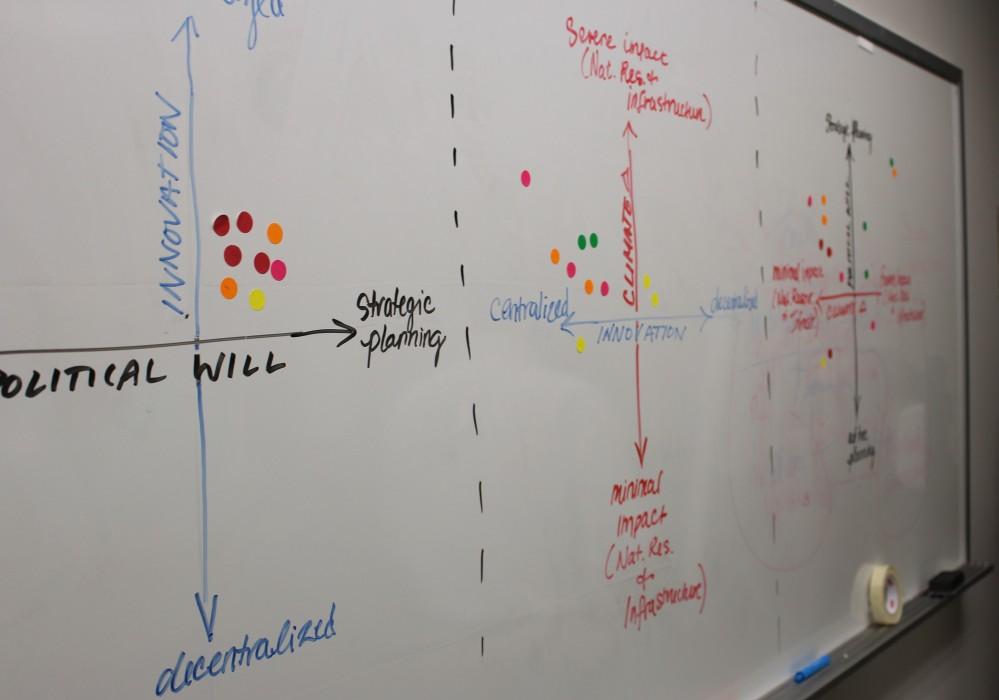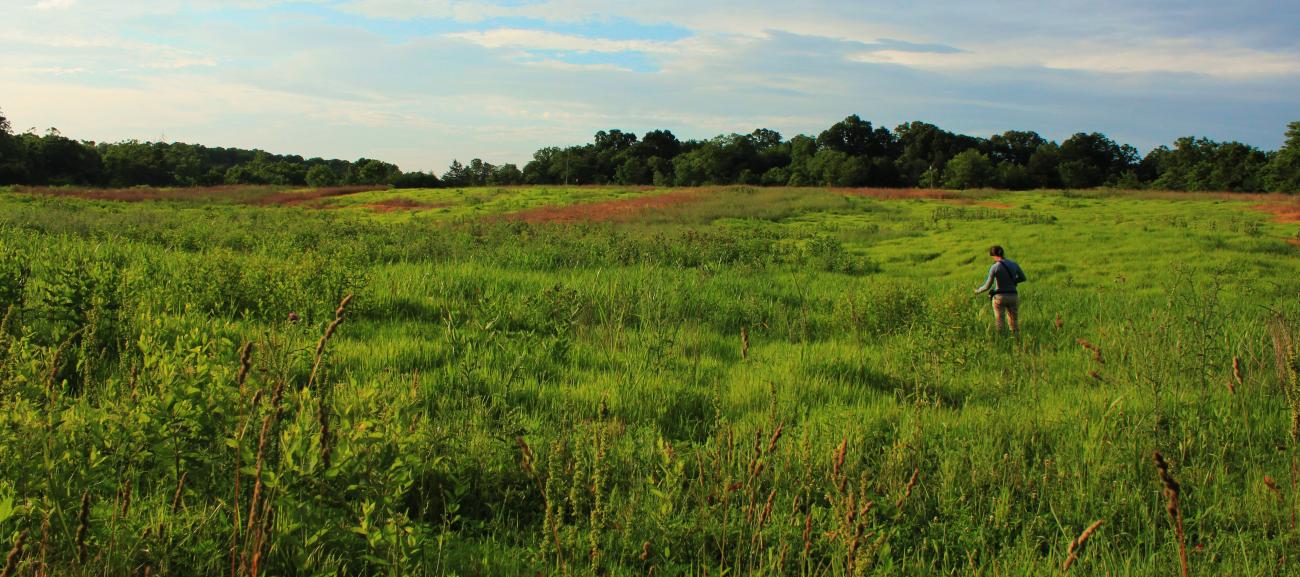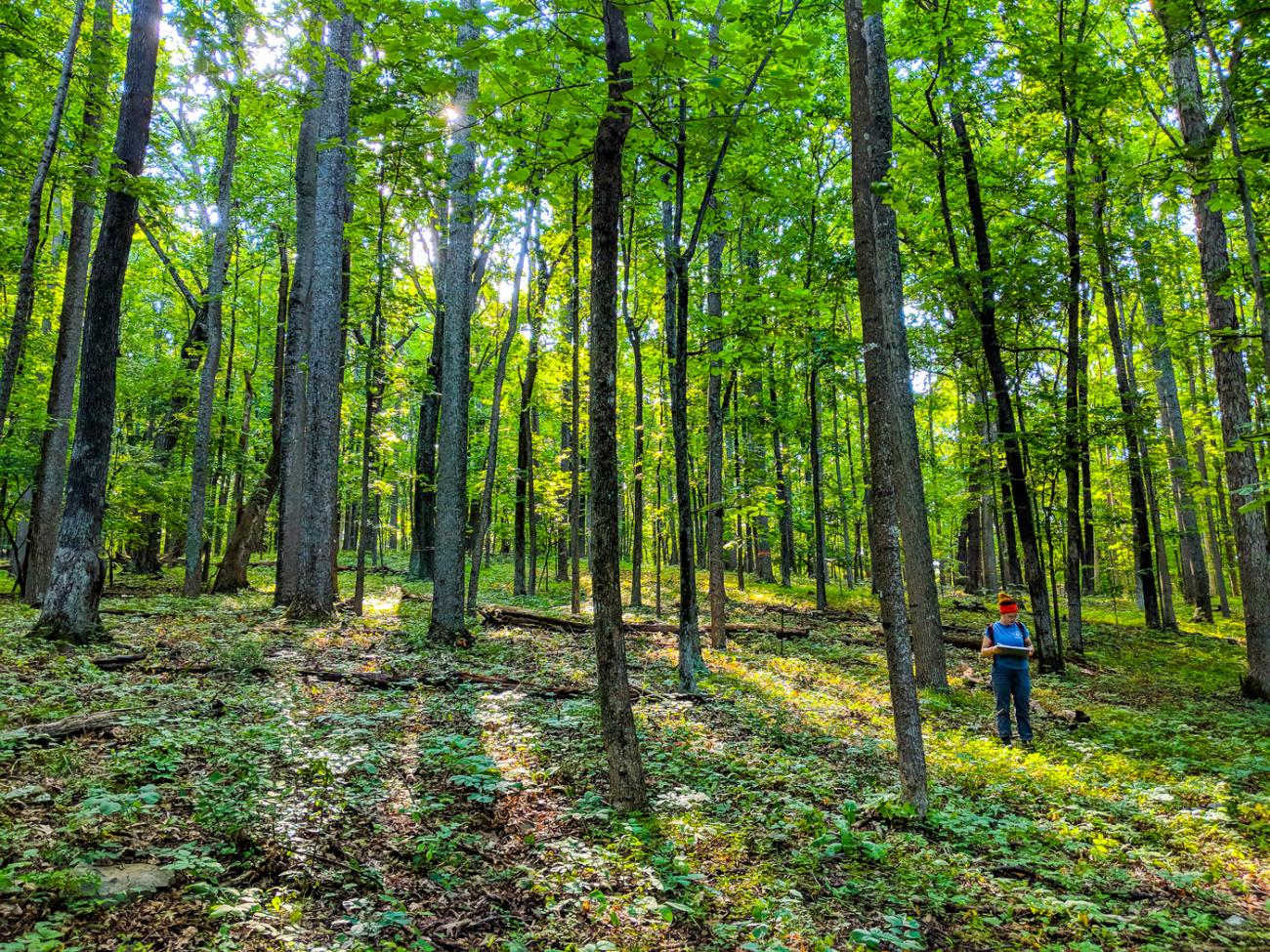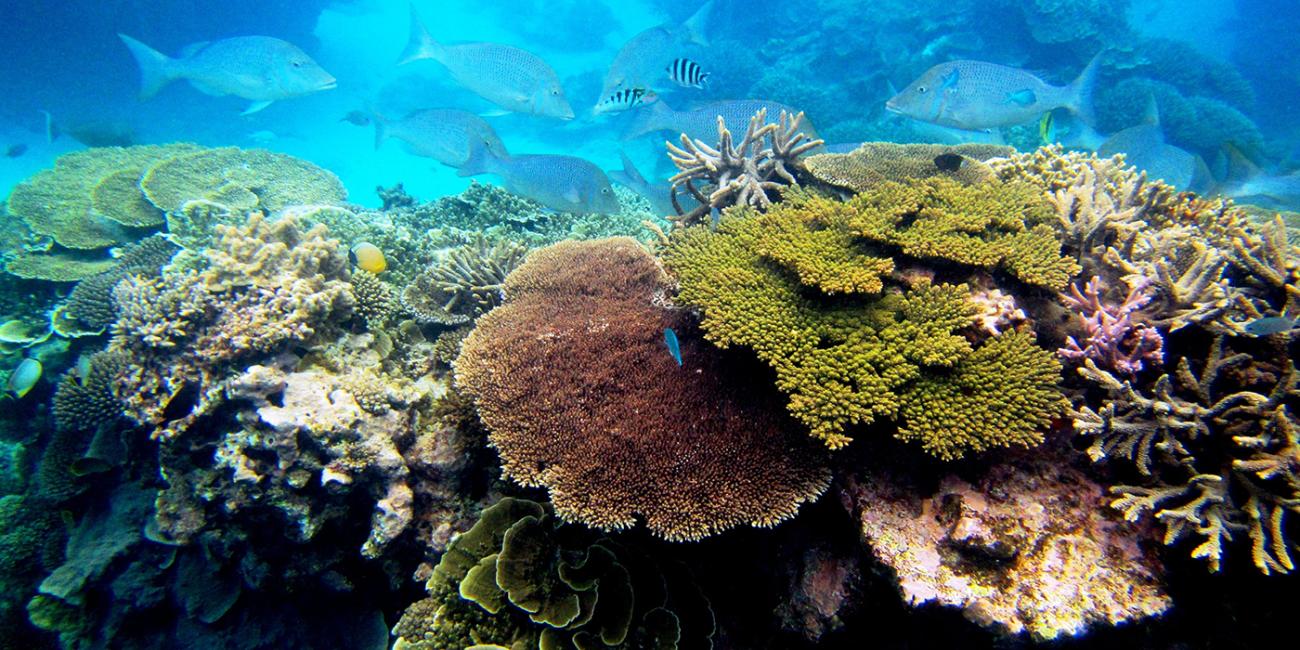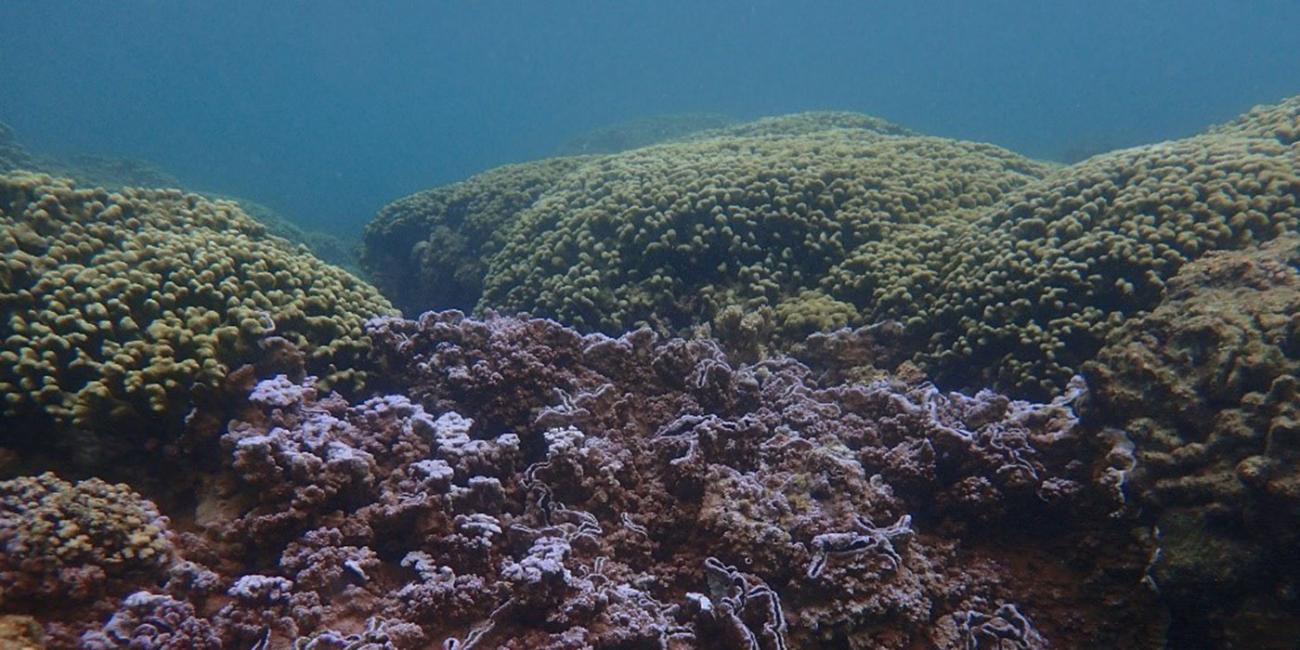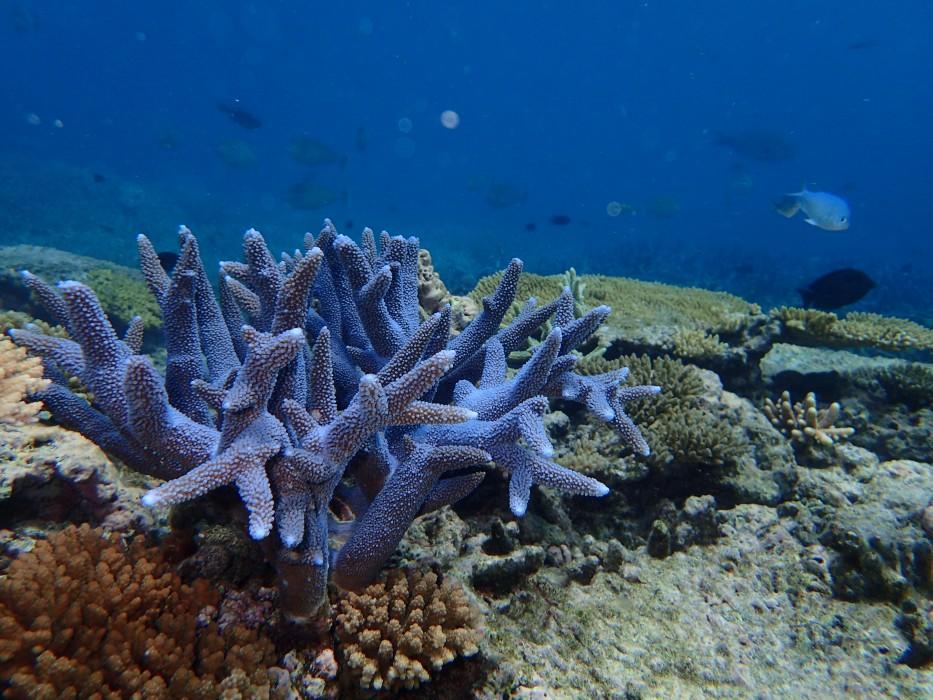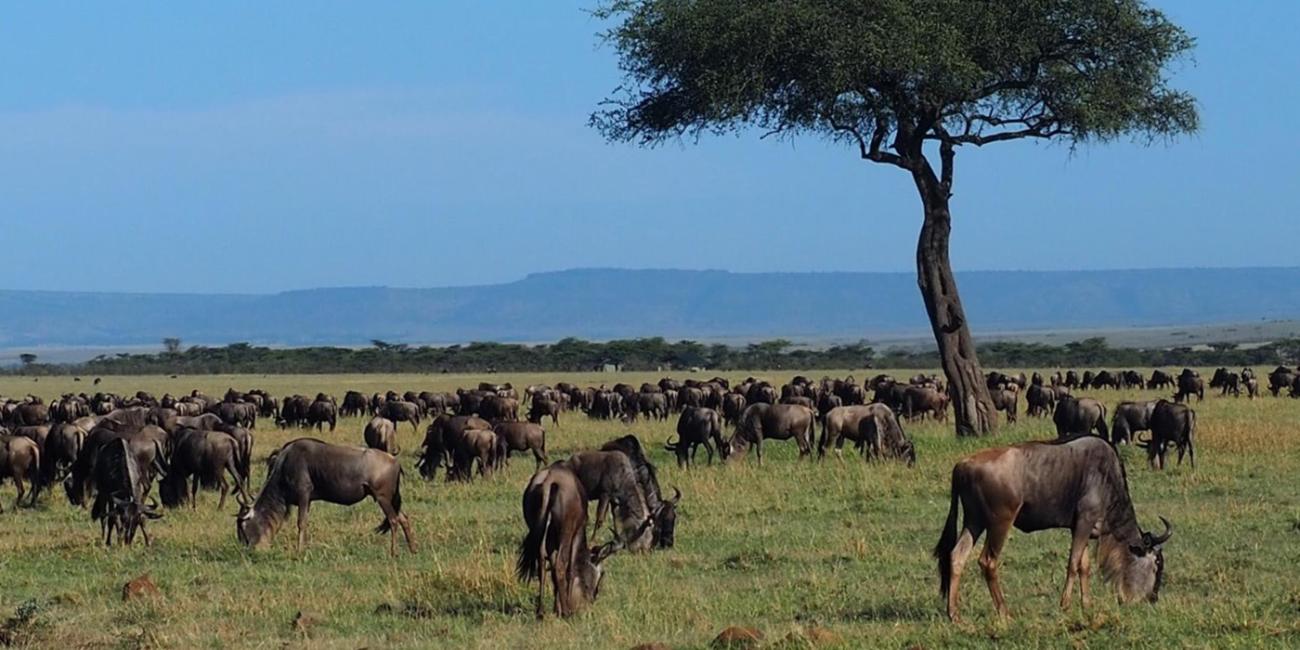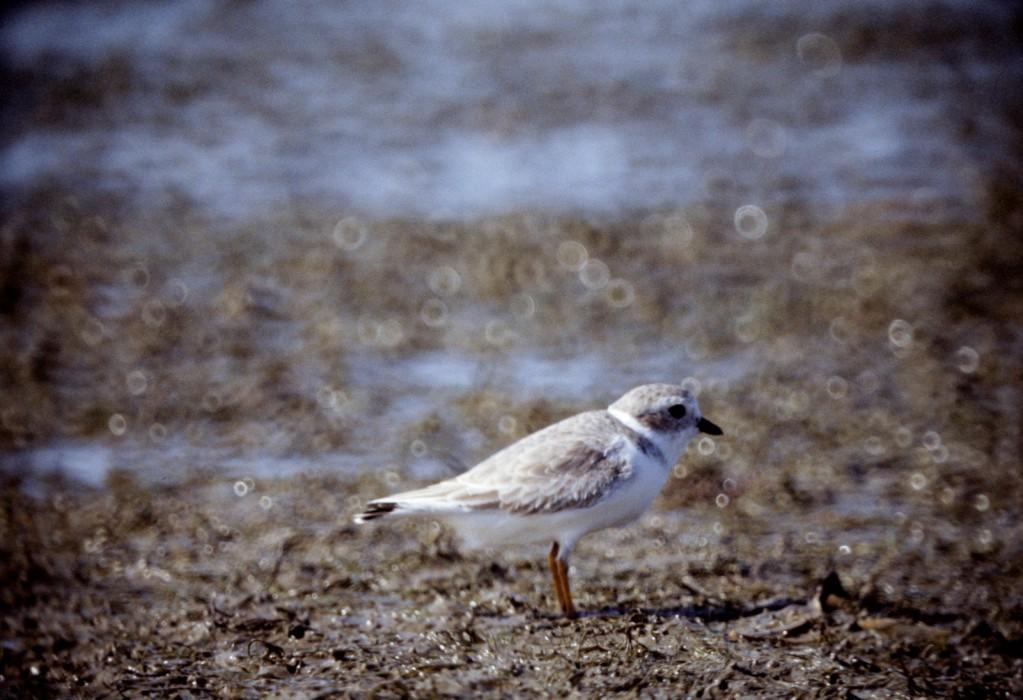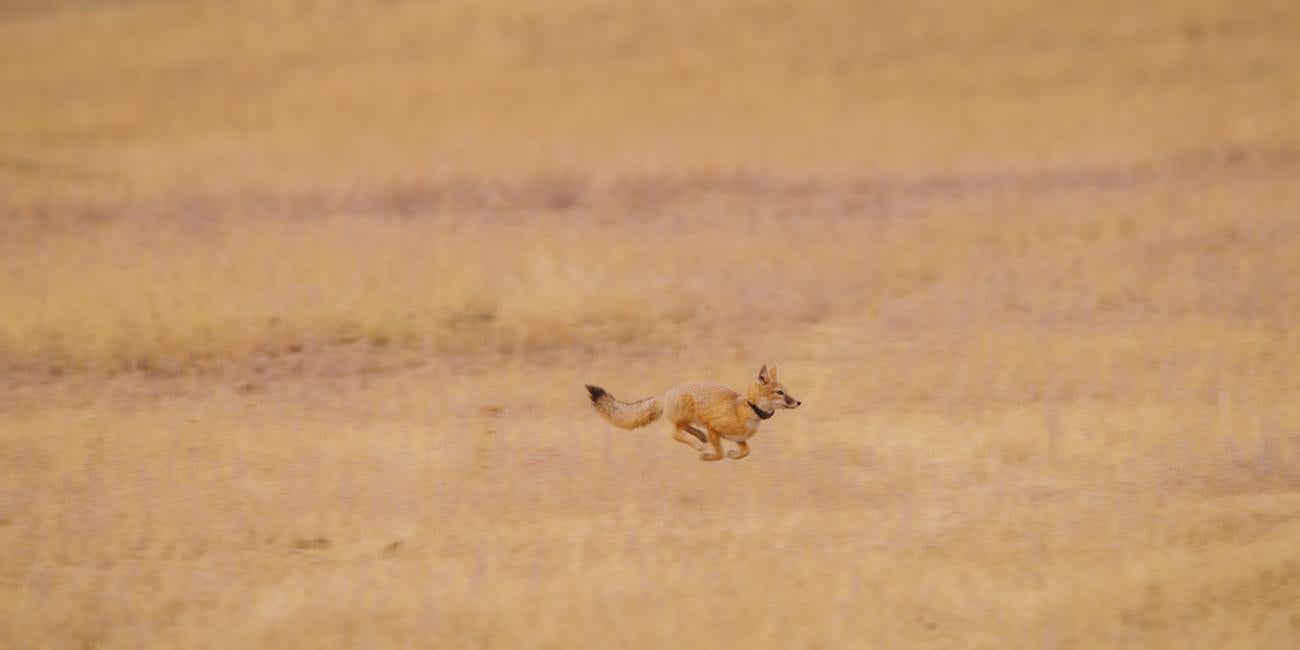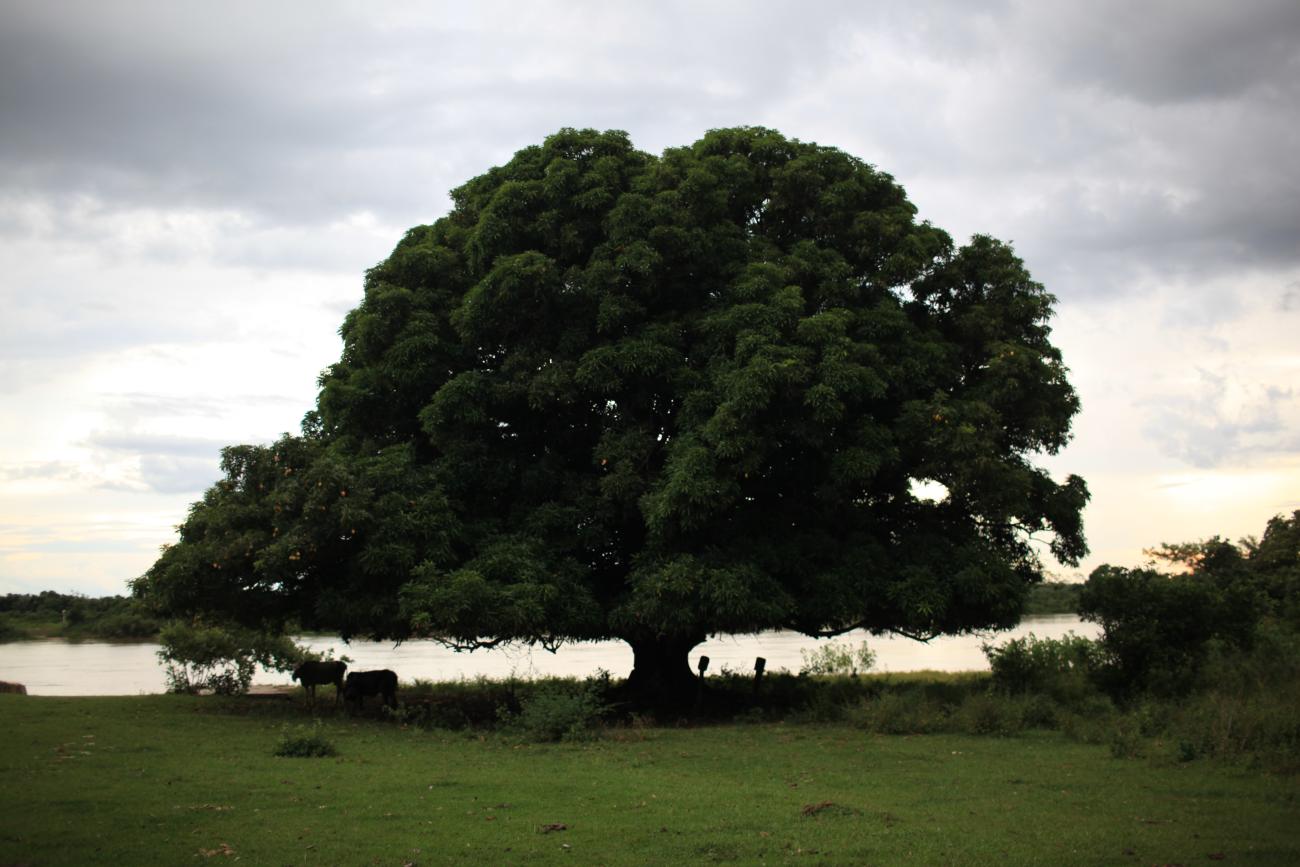Forest Ecosystems and Climate Lab
The CTFS - ForestGEO Ecosystems and Climate Initiative at the Conservation Ecology Center (CEC) at the Smithsonian Conservation Biology Institute in Front Royal, Virginia, seeks to understand how global change is altering forests around the world and how changes to forest ecosystems will either mitigate or exacerbate climate change. It is part of the Center for Tropical Forest Science-Forest Global Earth Observatory (CTFS-ForestGEO), which is a global network of forest research plots and scientists dedicated to the study of tropical and temperate forest function and diversity.
Forests are invaluable for their roles in biodiversity protection and climate regulation. Global climate change is impacting forests worldwide, and understanding such changes is critical to forest conservation and climate protection efforts. The CTFS - ForestGEO Ecosystems and Climate Initiative, led by Kristina J. Anderson-Teixeira, looks at how the globally distributed forests of CTFS-ForestGEO interact with the Earth’s changing climate system.
In addition, The Forest Ecosystems and Climate Lab team compiles a large database on ground-based measurements of carbon stocks and flows in forest ecosystems globally (ForC-db) that allows them to better understand the role of forests in the global carbon cycle.
CEC scientists also study climate change and how it may alter forests, fires and climate, specifically in the Klamath Forest region of California and Oregon. Anticipated increases in aridity are expected to alter the dynamics of wildfire and forest regeneration in this fire-prone forested landscape. In particular, there is concern that more frequent and severe fires and reduced rates of conifer regeneration could trigger widespread transitions from forest to shrubland. CEC and collaborators are working to evaluate the potential for this sort of “critical transition” and to identify robust strategies for ecosystem management in the face of climate change.
